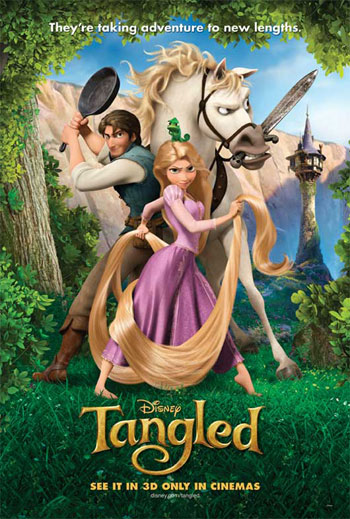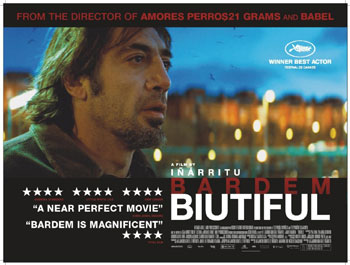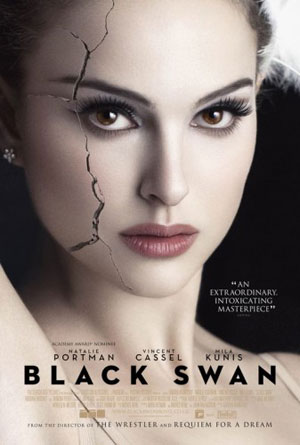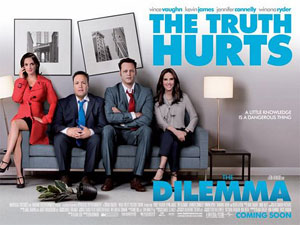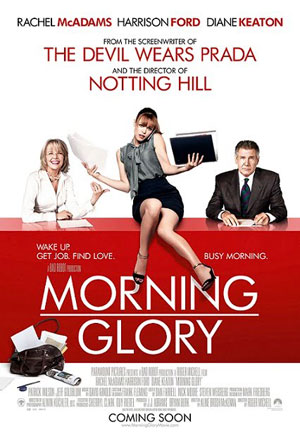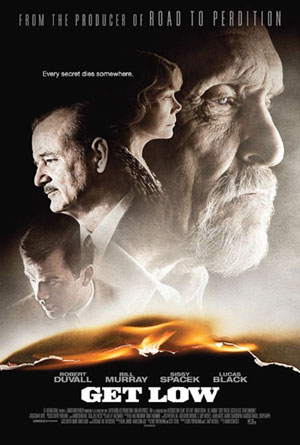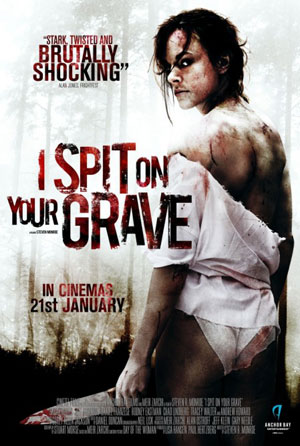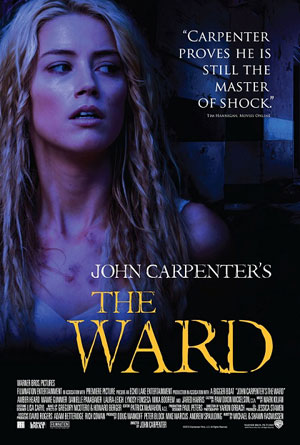Barney’s Version – 4*
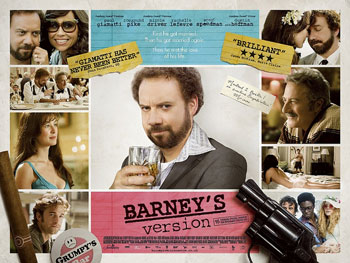 Thankfully, Paul Giamatti won Best Actor Golden Globe for Barney’s Version, considering the shameful overlook at the Oscar nominations. ‘Best Achievement in Makeup’ nod for Adrien Morot perhaps, but Giamatti is pure dramedy gold as impulsive, self-depreciating and sarcastic love saboteur, Barney Panofsky. This film touches all the right notes and offers some highly animated and memorable performances. It is a character-driven and guaranteed side-tickler of a tale, punctuated with poignant moments of reflection along the way.
Thankfully, Paul Giamatti won Best Actor Golden Globe for Barney’s Version, considering the shameful overlook at the Oscar nominations. ‘Best Achievement in Makeup’ nod for Adrien Morot perhaps, but Giamatti is pure dramedy gold as impulsive, self-depreciating and sarcastic love saboteur, Barney Panofsky. This film touches all the right notes and offers some highly animated and memorable performances. It is a character-driven and guaranteed side-tickler of a tale, punctuated with poignant moments of reflection along the way.
Barney is a man who marries the wrong woman, twice. His third wife is the love of his life – the meeting of which will make you howl with delight. But he still denies himself any happiness and in turn, destroys his chances of domestic bliss. After the mysterious disappearance of his best friend Boogie, for which he is the prime murder suspect, he decides to tell his version of events, after a cop-turned-writer publishes a novel trying to finger him for the crime years before. Justice takes a different turn in the end, when Barney answers to his maker, earlier than expected.
Based on controversial Canadian writer Mordecai Richler’s book of the same name, Barney’s Version is classic tale of redemption, verging on self-destruction – when viewed from the protagonist’s perspective. Everybody loves a tragic fool; especially one who cannot see when going is good. Giamatti plays the brow-beaten, serial monogamist Barney to subtle but dynamic perfection, reflecting off the array of stellar supporting talent that includes a delightful turn by Dustin Hoffman as his un-PC, ex-cop father, Izzy, who is like a hormonal teen run wild, and Minnie Driver, the motor-mouthed, second ‘Mrs P’, his demanding ‘Jewish Princess’. It is a contemporary comedy of errors, all imagined by the one person, that will make you laugh out loud and well up, too.
The serious note begins as Barney starts acting strangely and being forgetful, leading to a sensitive and moving portrayal of senile dementia. In turn, we begin to understand and appreciate Barney’s more shocking and terrifying turns, as well as his warped sense of being. It becomes a tearjerker as his long-suffering wife, Miriam (Rosamund Pike), tries unsuccessfully to reach out before it is too late, but not before Barney has you revelling in his exuberant existence and erratic ways. The deadpan and downplayed reactions that Giamatti delivers with aplomb counterbalance the theatrics of those around him, until Barney erupts at points to show his is still very much alive and kicking against an invisible resistance of his own creation.
The only unconvincing part of the whole affair is the rather strange casting of Brit Mark Addy as the hound-dog cop/author and Barney’s nemesis, Detective O’Hearne that seems a little odd, and creates the weakest casting link in the chain.
Nevertheless, Giamatti is on true form here, as with his lead performances in Duplicity and Cold Souls. That said Barney is more accessible a character than before, and less quirky, which will hopefully expose the Giamatti magic and self-ridicule to a wider audience. Barney’s Version is a good-spirited hoot-a-minute and warms you like a good tonic on a cold day.
4/5 stars
By @FilmGazer

